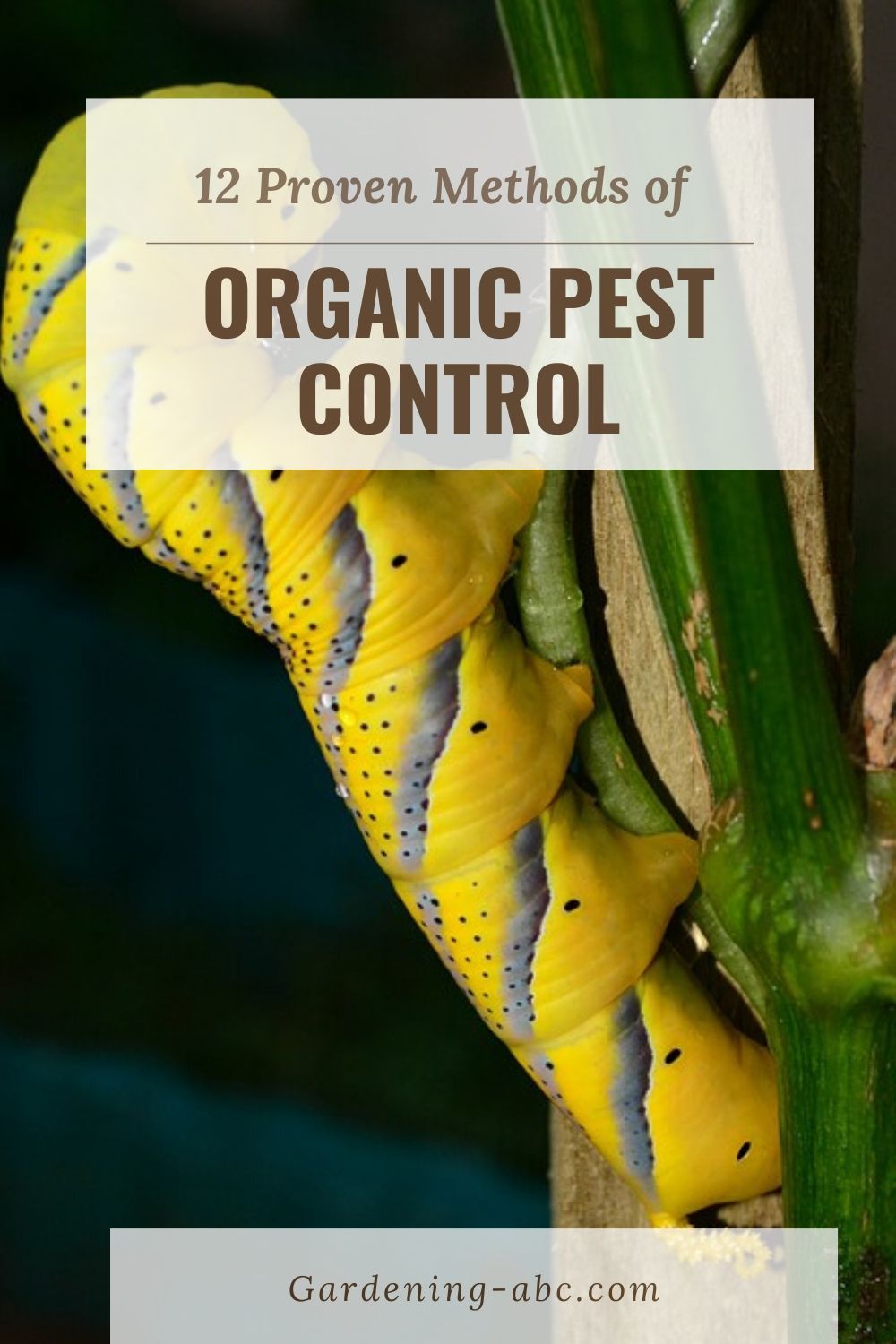
They are very strong plants, so they don't suffer easily.īEE BALM - Not necessarily a pest repellent, but great at attracting beneficial critters and predators to your gardens, such as hummingbirds, bees, and butterflies.īASIL - Repels flies, mosquitoes, the carrot fly, asparagus beetles, and whiteflies. SUNFLOWERS - Draw aphids away from other plants. These pests get trapped in their sticky stamens.

It repels aphids, tomato hornworms, asparagus beetles, leafhoppers, and squash bugs. Roses also do well when this natural insect deterrent is planted nearby. PETUNIAS - Plant near cruciferous veggies, beans, basil, tomatoes, grapes, corn, and peppers. Nasturtiums and asparagus work great together. NASTURTIUMS - Known as a "trap crop," they attract cabbage moths, aphids, whiteflies, squash bugs, and cucumber beetles to their leaves. Plant Marigolds near your squash, melons, and tomatoes. MEXICAN MARIGOLDS - Keeps harmful insects and wild rabbits at bay. LAVENDER - Besides their lovely smell, their oils are perfect to use in repellents and when planted fresh, they ward off moths, scorpions, water scorpions, fleas, flies, and mosquitoes. Plant them with your corn, roses, grapes, cabbage, and rose bushes.

GERANIUMS - Deter many types of insects, including mosquitoes, leafhoppers, and corn earworms. They repel whiteflies, kill nasty nematodes and eelworms. They also do a good job of repelling the corn earworm.ĭAHLIAS - Dahlias don't just look pretty, they also repel nematodes and do an excellent job of attracting and feeding pollinators.įRENCH MARIGOLDS - Aphids prefer them over your veggies.
#Organic pest control free#
One of the best defenses against cabbage worms, carrot flies, and slugs.ĬHRYSANTHEMUMS - Repels mosquitos, roaches, beetles, ticks, silverfish, lice, root-knot nematodes, and ants.ĬOSMOS -Cosmos flowers are magnets for beneficial insects like lacewings, parasitic wasps, tachinid flies, and hoverflies that feed on many pest insects and provide free pollination services. You won't deter away or kill the beneficial bugs who prey on pests and that actually help your plants.ĪLLIIUMS - A member of the onion family. Pests won't develop resistance to natural methods so quickly as opposed to chemical methods. It keeps your garden healthier in the long run as you are not putting nasties into the ground, which makes it harder for plants to thrive. Lighten your carbon footprint by reducing insecticides, which minimizes the exposure of chemical toxins to humans, your pets, plants, soil, water, and the environment. Here are some benefits of using natural pest control:Īs mentioned, you will cut down on time spent trying to fight pests, as the biological processes will do the work. Natural pest control and remedies may seem like more effort initially and take longer to be effective but are definitely more beneficial in the long run. Specific properties of plants also invite beneficial insects and create the perfect habitat for predators such as ladybugs and praying mantis.īenefits of Using Natural Pest Controllers Some plants have strong aromatic leaves, and other plants release chemicals from their root systems to keep the bugs away and protect other plants. All beneficial for the health of your garden! While flowers can serve as a sort of neon sign, welcoming in and pointing the way for pollinators like hummingbirds, bees, and butterflies. Herbs, in particular, can be fantastic natural bug repellents.

By using natural elements you reduce the need for nasty chemical sprays. Just like us, bugs have certain appetites, but get turned off by strong smells and flavors. I love to plant flowers and herbs around my vegetable gardens to keep the bugs and pests at bay. Using Flowers and Herbs for Organic Pest Control in the Garden


 0 kommentar(er)
0 kommentar(er)
